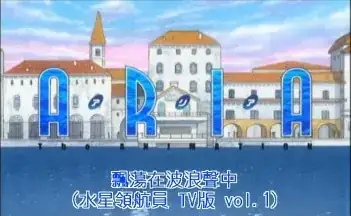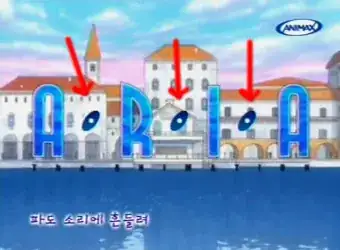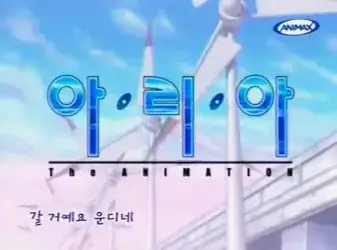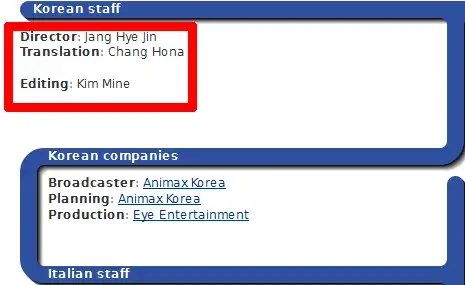Question 1
I have noticed that in the Korean dub version of the Aria series, the OP and ED songs are not only subtitled, but are also sung in Korean. How common is it to also dub the OP and ED songs of a not too popular series (cf. EVA, Doraemon)? And does that require more licensing than just subtitling the OPs and EDs?
Question 2
In the Korean dubbed OP of Aria the Animation, why was the Katakana アリア removed? Does this kind of thing happen in other subbed/dubbed anime OPs or EDs?

Original OP animation in the Chinese sub.

Altered art logo in the Korean dub.

Question 3
What is it about the Korean dub version of Aria the Animation that requires a director and editing? In contrast, the Italian staff has: a dubbing director, a coordination, a mixing, a post production and a sound engineer. Is any of these roles synonymous to the director or editing in the Korean staff?
